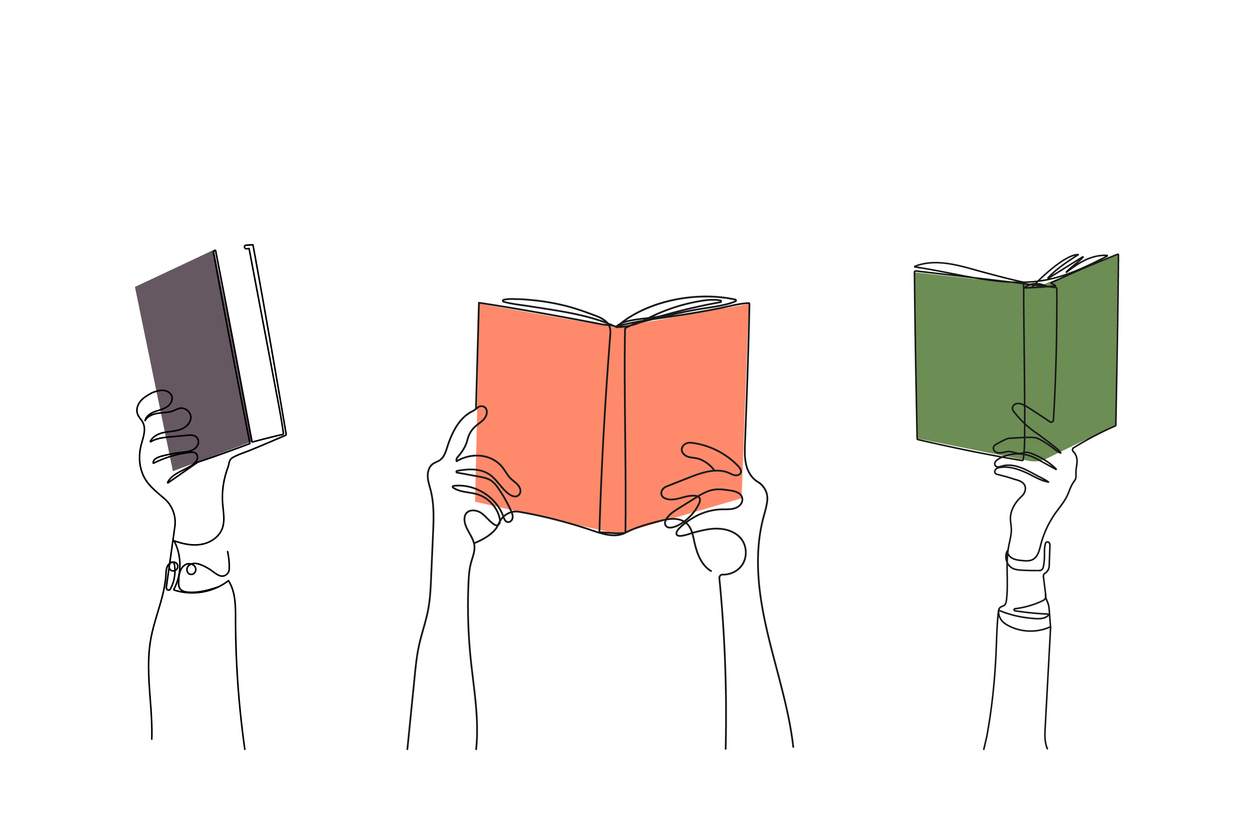How to write more by reading more
Get inspiration to raise your writing game.

Orsi Korman is account director, Content, at Red Havas
Homework. Hobby. Research. Distraction. Business. Pleasure. Reading can better your life in a multitude of ways. It’s something most people do every day. But what if I told you that reading more is one of the best ways to write more — and more effectively?
In addition to the educational and entertainment value of the content itself, reading supplies us with the skills and knowledge needed for writing: It teaches much of our vocabulary as well as grammar and punctuation rules — often without us realizing it. (Fun fact: Kids who read at least 20 minutes every day were measured to have exposure to almost 2 million words annually.) Most of all, reading can give us the creative inspiration needed for writing.
If you are an avid reader and book lover — who knows what a book hangover is and understands she’s mortal but keeps buying books as if she weren’t — you probably don’t need any inspiration to read more and write more. However, if you are among the average Americans aged 15 to 44 who report spending less than 10 minutes per day reading for personal interest, here are four examples of what books can teach you.
- Start with the outline.
Different books are structured differently, from the straightforward logical, chronological and topical to more creative, unusual and unexpected storylines. Try to read more of the kinds of things you’d like to write, and you’ll find yourself gravitating towards a specific structure. Then, whatever the topic, the key is to start your writing with a solid outline.
“I’ve learned that the more time I spend on the outline the easier the book is to write. And if I cheat on the outline I get in trouble with the book.”
― John Grisham
- Style it ― but don’t overdo it.
From a natural, conversational tone to simple and short sentences, there are some evergreen ways to write with style. However, while it’s important to choose your words wisely, it’s equally important to not make any conscious effort to improve your vocabulary with more sophisticated ones — the key is to find the right words, not the long ones.
“The difference between the almost right word and the right word is really a large matter. ’tis the difference between the lightning bug and the lightning.”
― Mark Twain
- Get to the point.
While the beauty of writing is that you can keep throwing idea after idea on a page as they come to you and then shape them into the right story, the challenge of writing can then be cutting out what’s unnecessary ― but it has to be done. The same way you don’t want a drawn-out book, your readers won’t want too much fluff before getting to the point.
“Get rid of every ounce of excess fat. This is going to hurt; revising a story down to the bare essentials is always a little like murdering children, but it must be done.”
—Stephen King
If you need more compelling stats: A 2009 study from the University of Sussex found that reading can reduce stress levels by 68%, boost emotional development and career prospects by 50% to 100%, and improve decision making by 50% to 100%. And a 2016 Yale University study determined that people who read books regularly had a 20% lower risk of dying over the next 12 years compared with people who weren’t readers or who read periodicals.
If you need more writing inspiration: Stephen King’s book “On Writing” is a treasure trove of advice, from the right mindset and daily routine to goals, structure and vocabulary. So is Anne Lamott’s
“Bird by Bird: Some Instructions on Writing and Life,” Verlyn Klinkenborg’s “Several Short Sentences About Writing” and Elizabeth Gilbert’s “Big Magic” ― just to name a few






